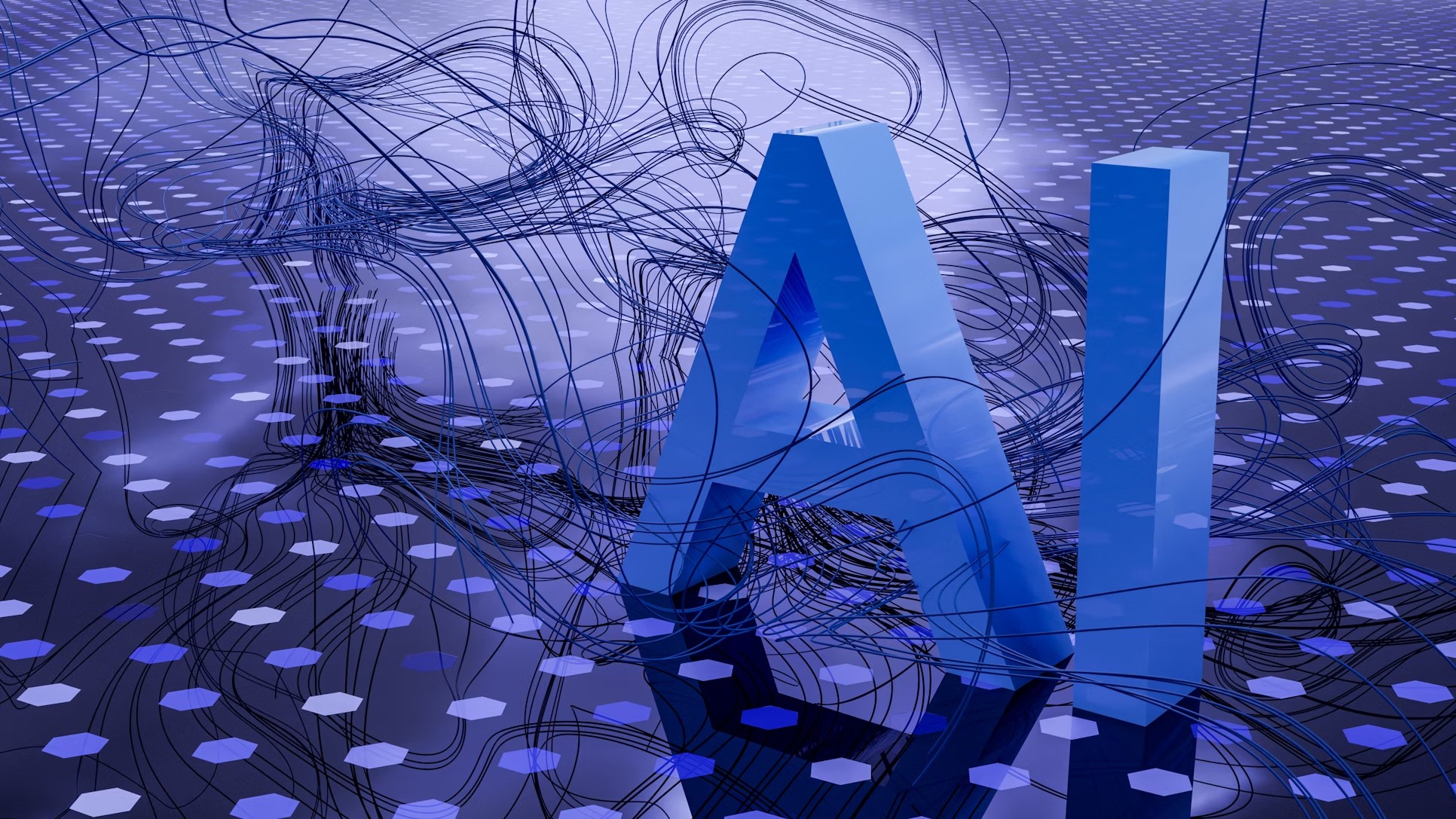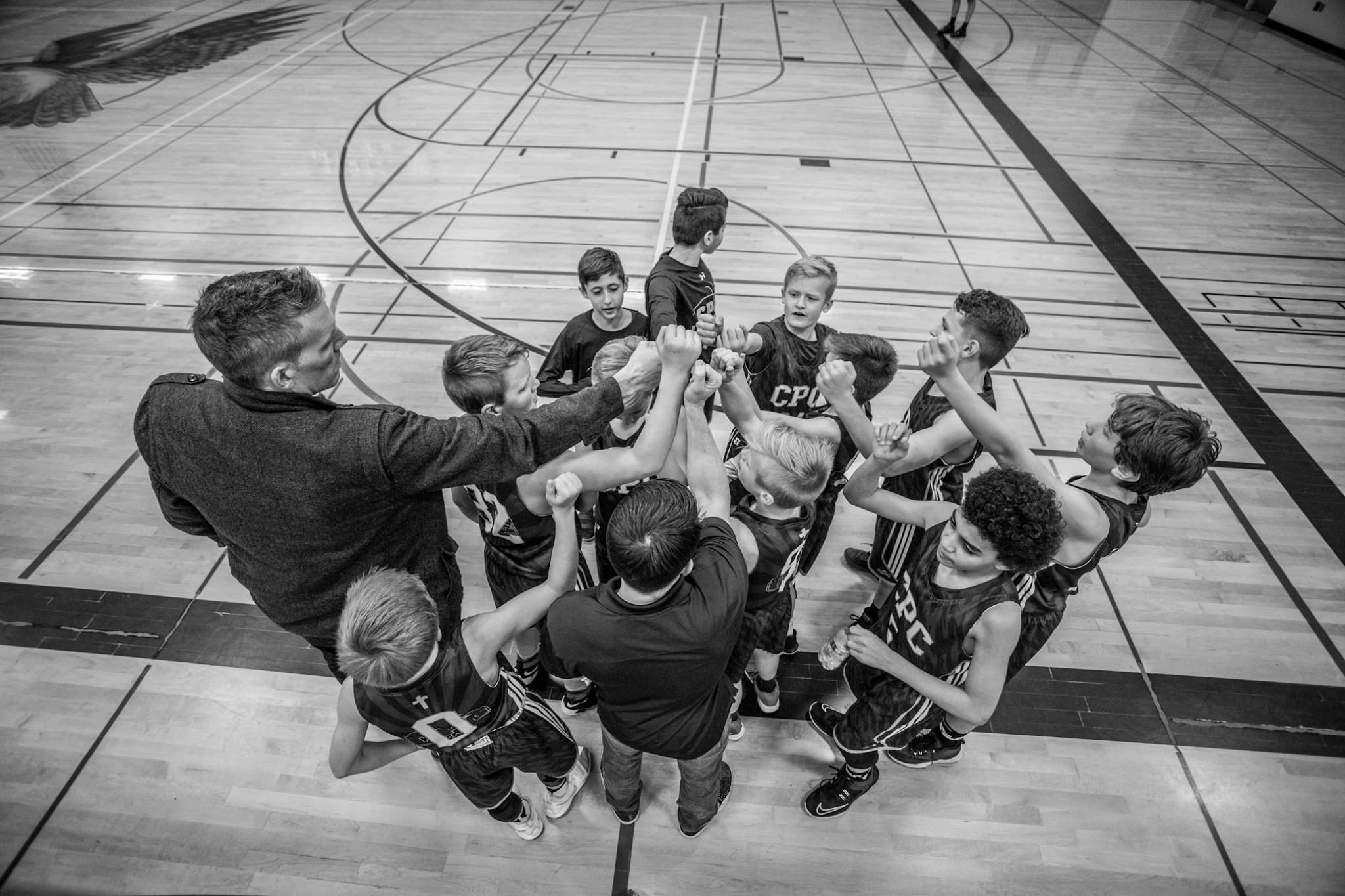Integrating sport with technology has made every coach’s work much easier, thanks to AI-based match analysis. The era of using anecdotal evidence and intuition to motivate players is over, and every decision is made using machine learning and real-time information. AI systems perform video breakdowns in every soccer, basketball, and tennis game today, collecting information and spotting moves not seen by the naked eye. The availability of information that drives changes in training, tactics, and game-time responses is unprecedented. Clearly, the impact AI has today on increasing a team’s performance is greater than anything seen before. Let’s dig deeper into the influence of AI on modern coaching.
The Role of AI in Modern Sports Coaching
With the rise of AI, tasks that require huge amounts of working hours can now be completed within seconds. Coaches can pinpoint areas that need their attention most through AI-driven video analysis software that tracks movement, strategies, and spots where the coach is not efficient enough. In the case of football, AI can track and evaluate the accuracy of passes, defensive strategies, and movements far away from the ball. Basketball teams have similar technologies to assess the range of shooting opportunities. The location of players is analyzed to assess and intercept gaps in shots at the hoop.
These analyses will only improve over time due to machine learning. AI can account for previous data in its lessons and use it to get ahead of the other team, which can provide coaches with a strategic advantage. Fans will also receive data and will be able to make more thoughtful predictions. Well, if you want to get a dose of excitement right now and not wait for the match, try MelBet Live Casino. There, you will find games with live dealers that will transport you from your room to the atmosphere of the casino! Register today and dive into a huge library of various casino games.

How AI Improves Tactical Decisions and Player Performance
AI doesn’t just analyze data. It changes the way people make choices. Coaches utilize AI-driven insights to create better plans and modify them as the game progresses. Here is how:
- Pattern Analysis: AI analyzes every game to find trends in the opponent’s gameplay and exploit their weaknesses even before the match starts.
- Performance Forecasting: AI’s predictions about a player’s fatigue help coaches determine the best time to replace players so that they are always in their best form.
- Injury Reduction: Identifying inefficient movements using machine learning enables trainers to implement specific training to decrease the chances of injury.
- Competitor Breakdown: AI analyzes an opposing team’s set pieces, enabling teams to get a step ahead before they go onto the field.
These AI-based insights provide teams with confidence, enabling more refined strategic preparation than ever before.
Real-Time Analytics: Changing the Way Coaches Prepare Teams
AI’s match analysis can now be used live rather than just for post-game analysis, which changes how coaches manage the game. During the match, teams can capture speed, heart rate, and fatigue using sensors that track the players’ movements. This data assists coaches during substitutions so that injuries are minimized, and efficiency is maintained throughout the match.
On-the-go insights support tactical changes, too. In soccer, AI recommends formation changes during the game. In basketball, AI facilitates changes in defensive adjustments through predictive analytics of the opponent’s shooting habits. Between sets on the court, tennis players receive AI-assisted feedback that allows them to change tactics immediately. Such precision guarantees that every action on the field is data-driven, increasing the chances of success.
Personalized Training Plans Powered by AI Insights
Individualized training approaches are more effective than general training formats, and AI excels at personalizing everything to fit the athlete’s needs. Choosing exercises is an efficient way to tailor training programs to the individual. For example, football strikers focus on scoring drills, while defenders focus on drills aimed at increasing their reaction times. For track and field, AI regulates exercise depending on fatigue to prevent overtraining.
This technology benefits recovery as well. AI controls the timing of rehabilitation so that injured players return at the right moment. In basketball, AI diagnostics measure jump mechanics to prevent knee injuries. In combat sports, AI studies sparring sessions and attempts to improve performance. The result? Fewer injuries and better-trained athletes at all levels of competition.
AI’s Impact on Game Strategy and In-Game Adjustments
Artificial intelligence helps not only in preparation but also with in-game strategies and decision-making. Teams actively incorporate AI analysis to cope with changes in the field. Here’s how:
- Adaptive Change Suggestions: AI provides alterations in tactical formations in response to movements made by the opponent and other in-game data.
- Strategy-Based Substitutions: AI anticipates levels of fatigue, thus improving fatigue management strategies.
- Set Play Adjustments: AI modifies set pieces based on opponent-related factors.
- Capitalizing on Defensive Weaknesses: AI assists the team in focusing on major set pieces by spotting and highlighting defensive gaps.
With feedback being instantly available through AI programs, teams have a higher chance of winning the game.

The Future of Coaching: AI as a Key Tool in Sports Development
AI still serves only as a supplementary tool. However, it is poised to become a core feature for modern coaches. Every pass made, every sprint taken, and every decision rests on AI. From the youngest academies to professional leagues, AI is the future of sports. It has and will continue to increase the effectiveness, precision, and intelligence of coaching in every sport. The time when coaches relied solely on their intuition is rapidly vanishing. In its place, a new era of performance driven by intelligence has taken hold. Thanks to AI, the future of sports is here.



























